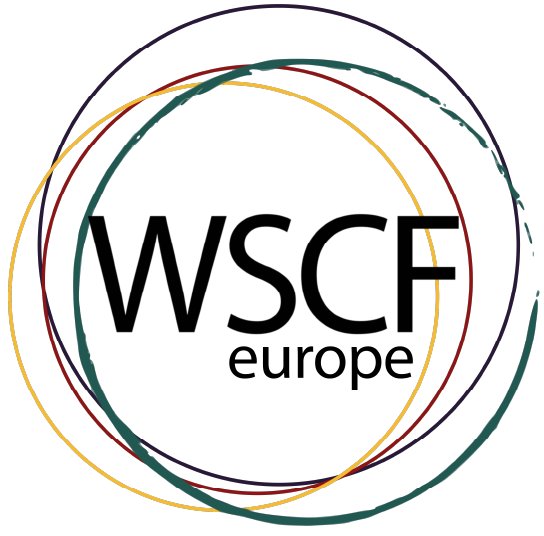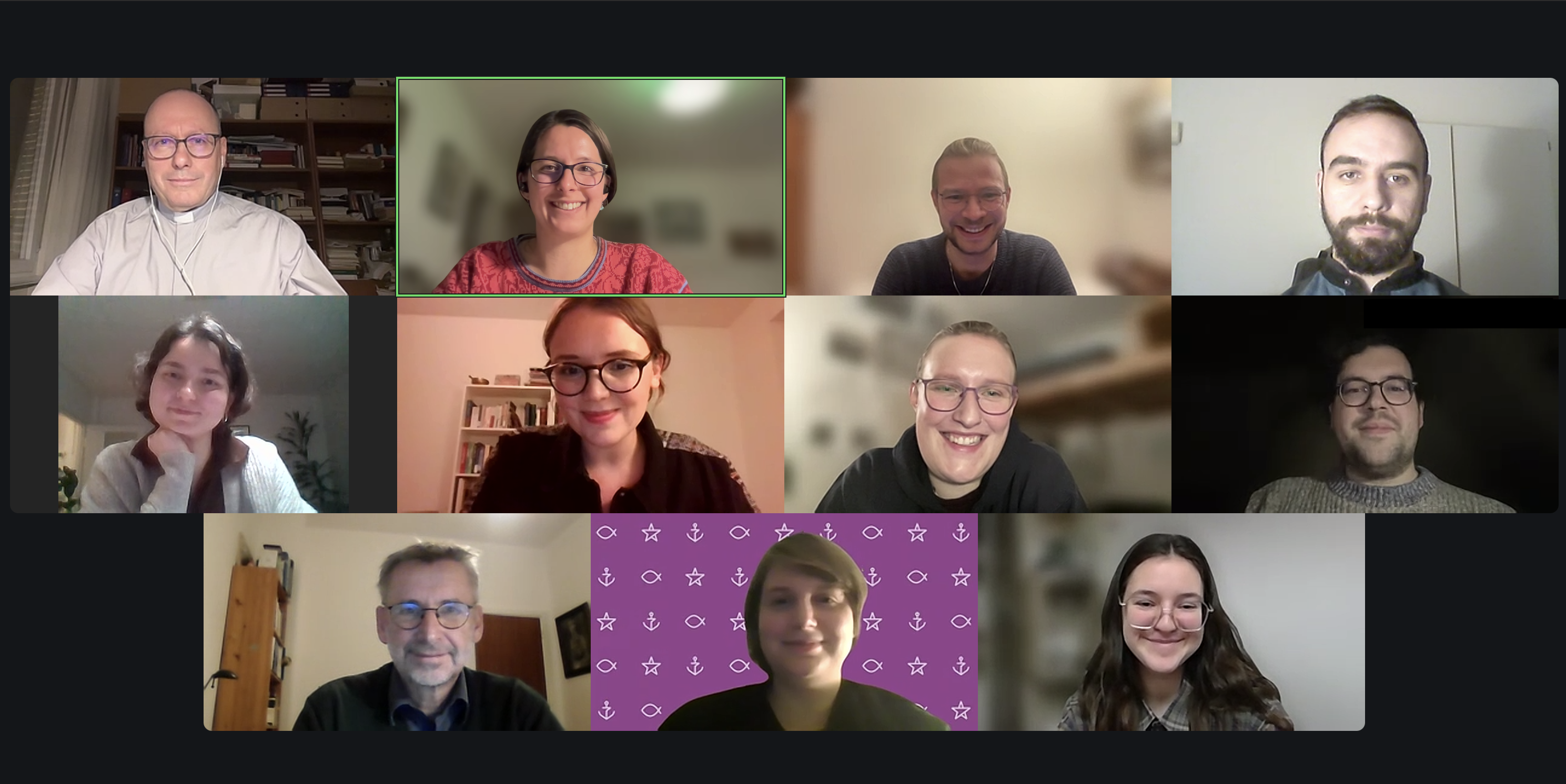A New Era for Ecumenical Cooperation: Revising the Charta Oecumenica
The Charta Oecumenica, signed in 2001, has served as a cornerstone for Christian unity and ecumenical collaboration across Europe. Created through the joint efforts of the Conference of European Churches (CEC) and the Council of European Bishops’ Conferences (CCEE), it presents shared principles for fostering dialogue, reconciliation, and collective action on issues such as justice, peace, and environmental stewardship. As a living document, it reflects the churches’ common desire to bear witness to their faith in an increasingly complex world.
In the face of significant global shifts over the past two decades, a revision of the Charta Oecumenica is now underway. This revision provides an opportunity to align the document with current challenges and realities, reinforcing its relevance as a guide for ecumenical cooperation in the present day.
On November 26, the Youth Advisors of the Conference of European Churches, Ecumenical Youth Council in Europe, and the World Student Christian Federation Europe held a Youth Round Table to discuss the Charta’s revision and explore how young Christians can contribute to this crucial process. Key insights from the discussion included:
1. Shaping the Future of Ecumenism: Young people are instrumental in shaping the future of ecumenism. Many current leaders in the field of ecumenism were influenced by their experiences in youth spaces. As such, the revision of the Charta must recognize and elevate the vital role of young people, calling for a stronger commitment to their participation and to supporting youth structures within the churches.
2. Addressing Contemporary Challenges: The revision is essential for addressing the pressing issues churches face today, including secularization, the climate crisis, and social polarization. By incorporating these contemporary realities, the Charta can remain a practical and relevant tool for ecumenical action in today’s world.
3. Inclusive Language for a Diverse Church: For the Charta to be an effective guide, its language must be inclusive. A key focus of our discussion was the sections on relations with Islam and migration, recognizing the changes that have taken place since the original adoption in 2001. We emphasized the need to consider the diverse contexts in which churches operate, and the interconnectedness of the global Christian community.
4. Engaging with Issues Beyond the Charta’s Scope: While the Charta reflects areas of consensus among churches, we are aware that some urgent issues—such as gender equality and social justice concerns—are not fully addressed within its framework. We hope that these issues will continue to be explored in other ecumenical forums, ensuring that the spirit of the Charta fosters a broader dialogue and engagement on these topics.
Contributing to the Revision Process
The revision process is still open, and everyone is invited to contribute their thoughts and insights, whether as individuals or on behalf of organizations. Contributions can be submitted to charta@cec-kek.be until December 31, 2024. For more information about the revision process, please visit here.

